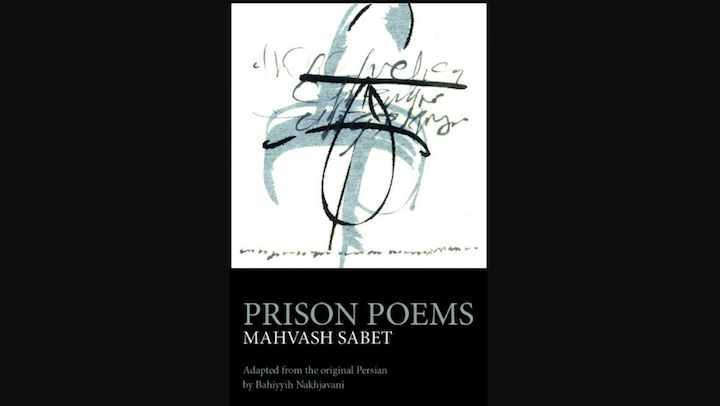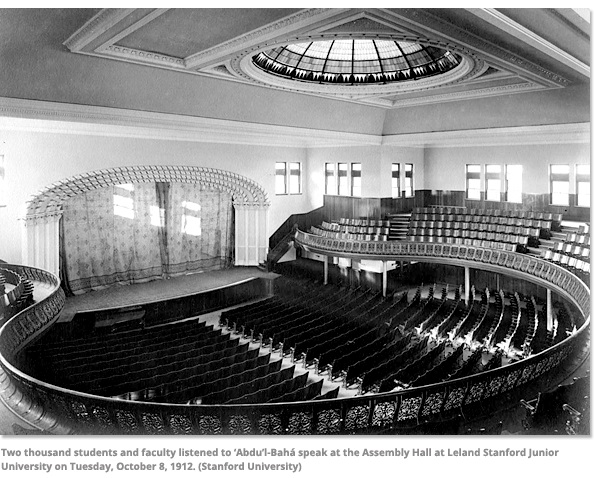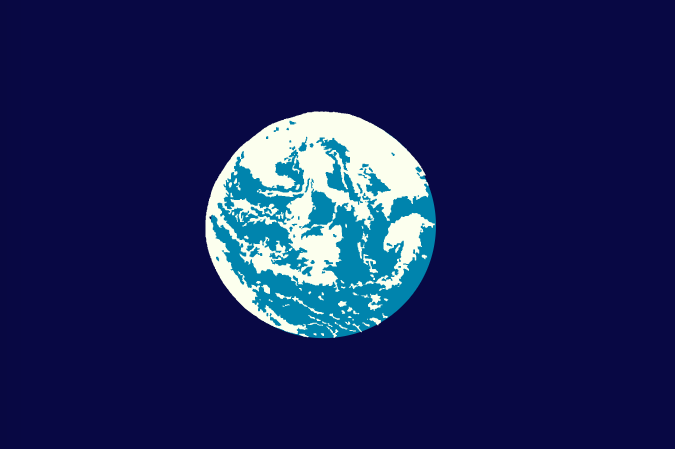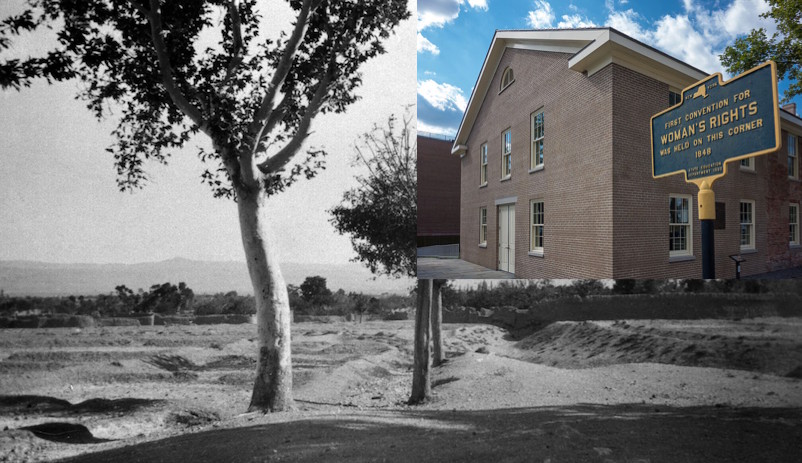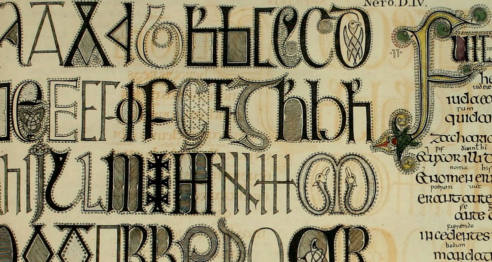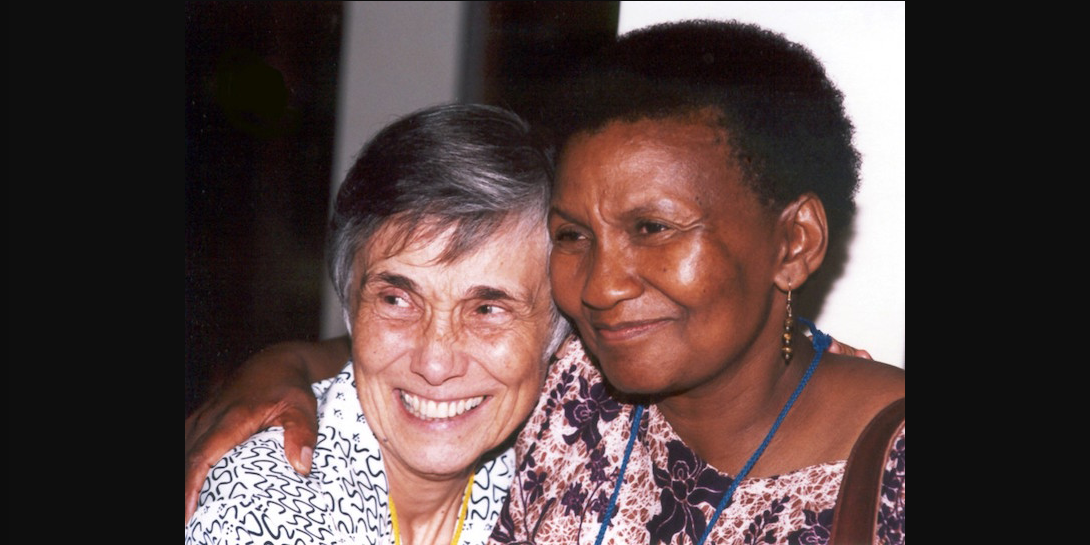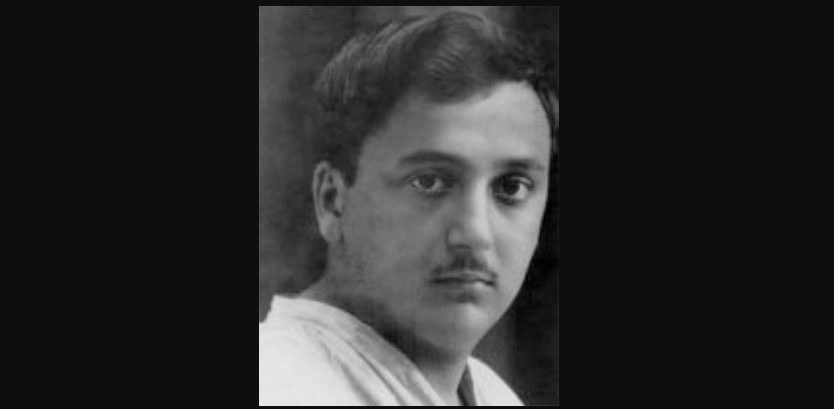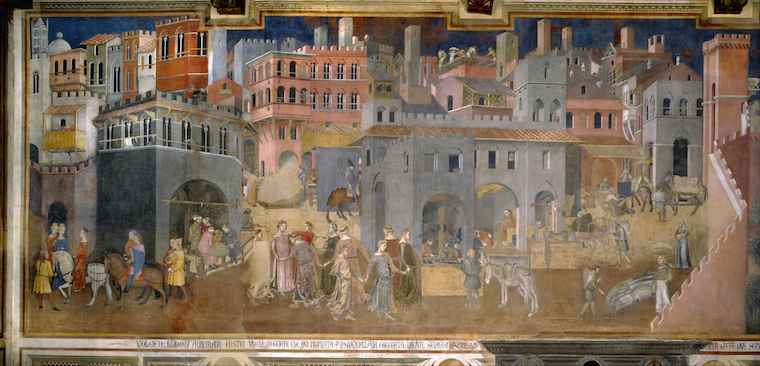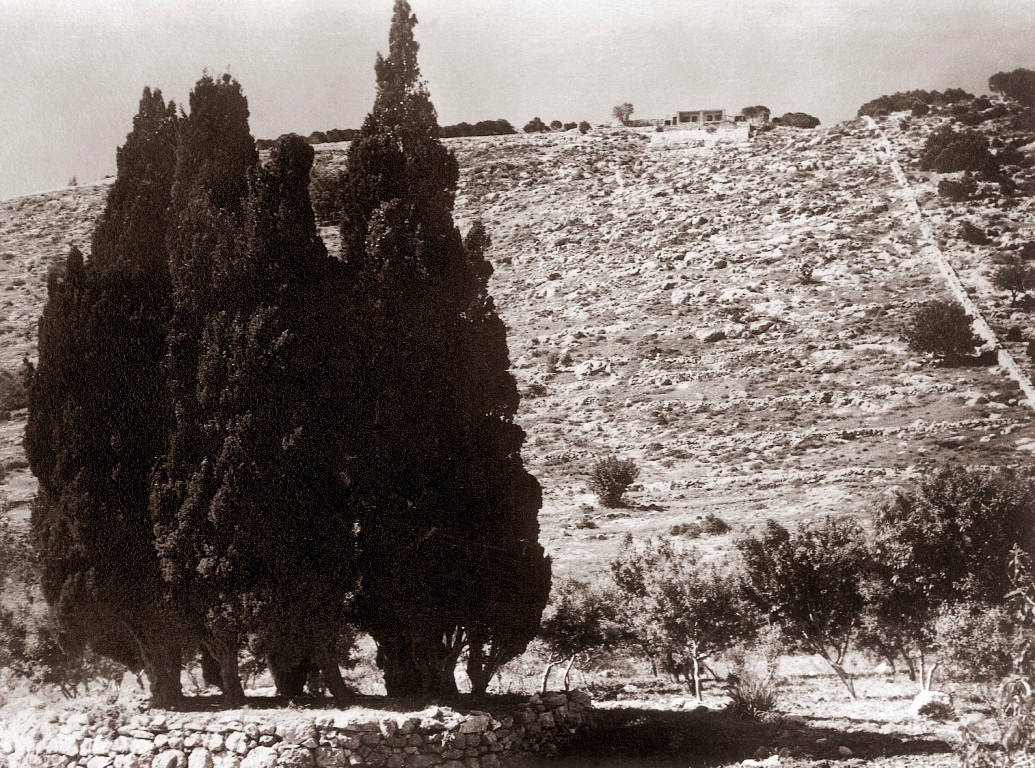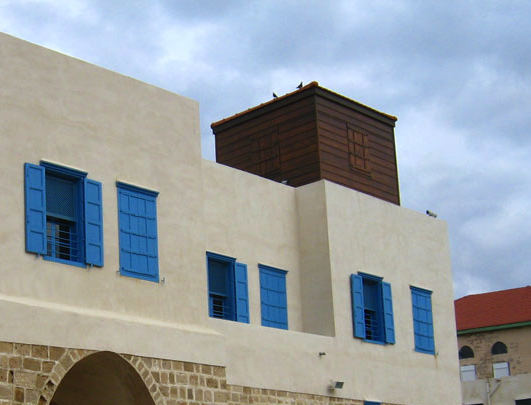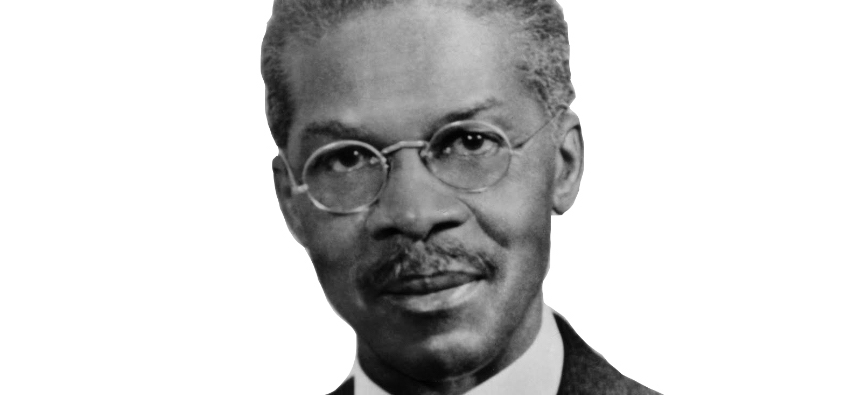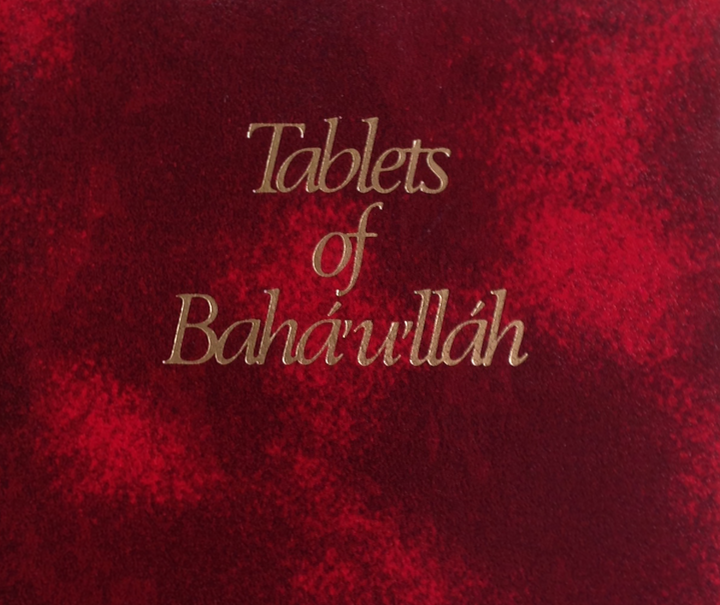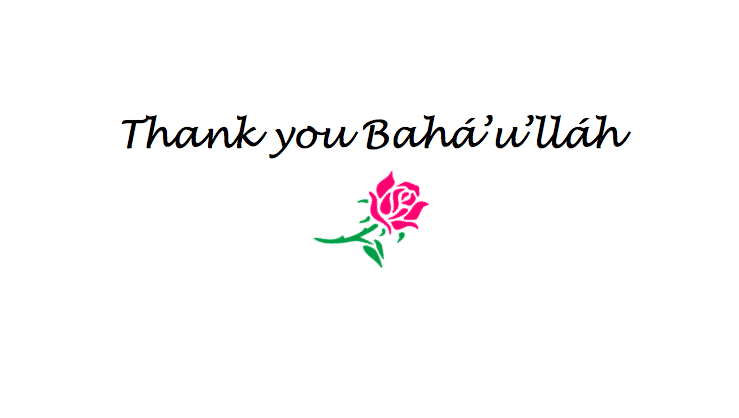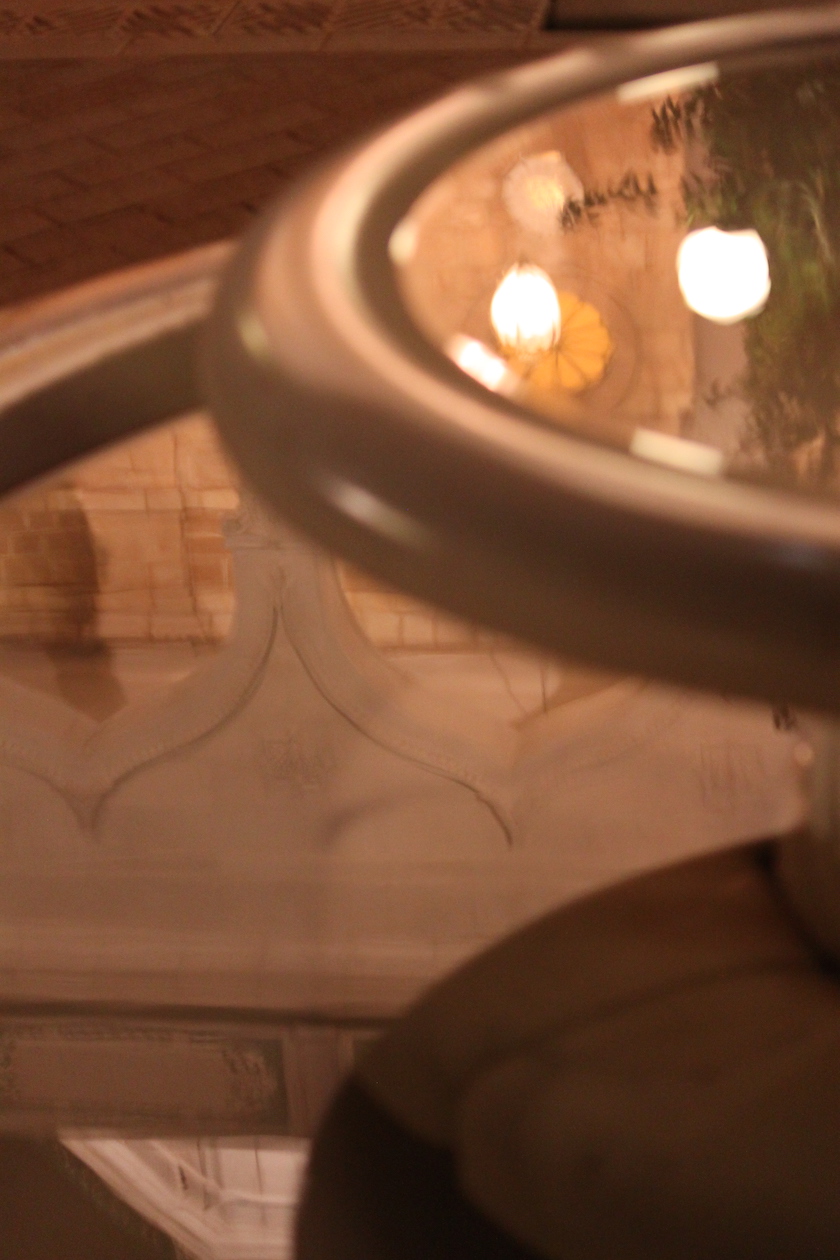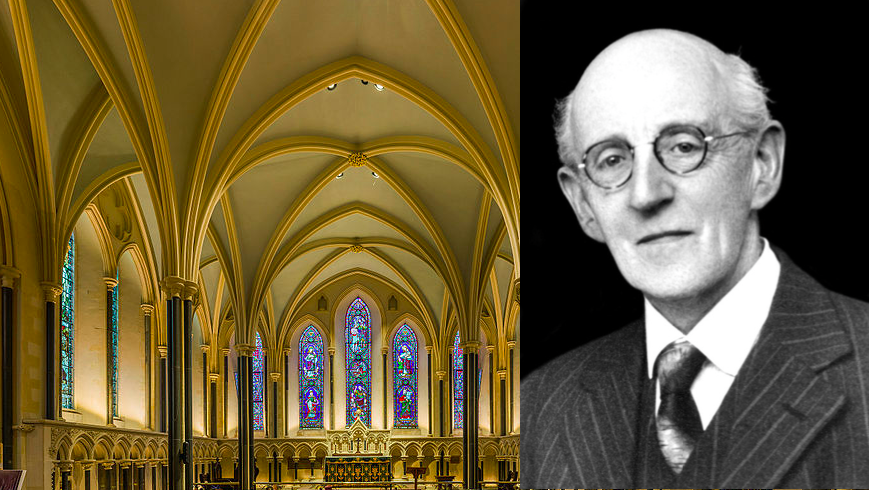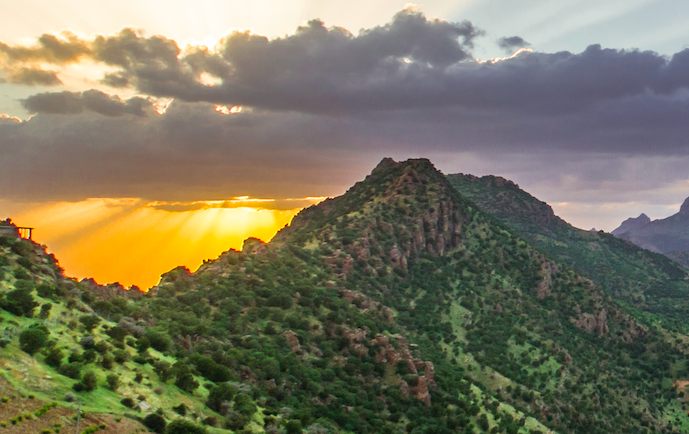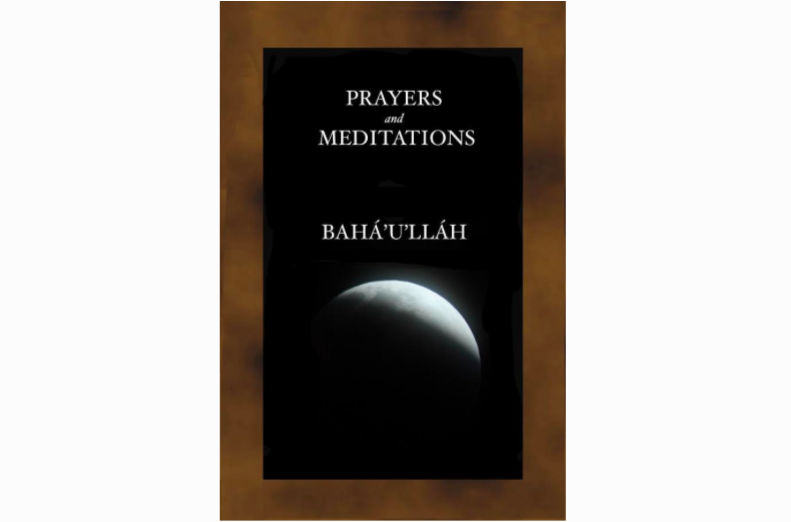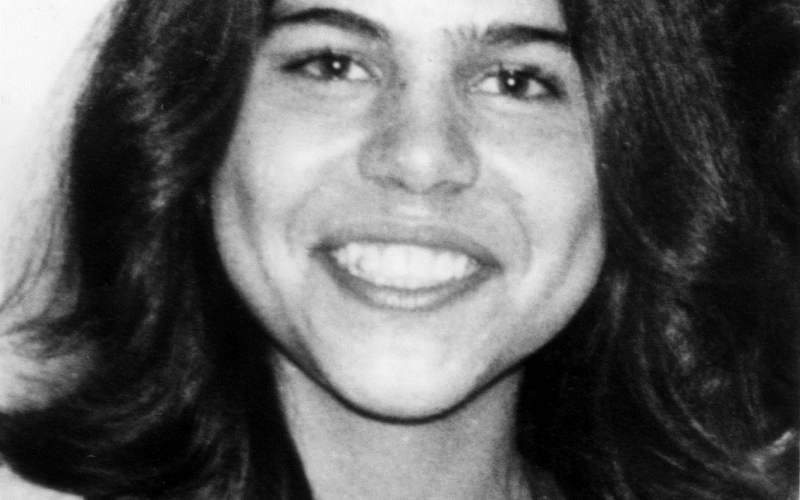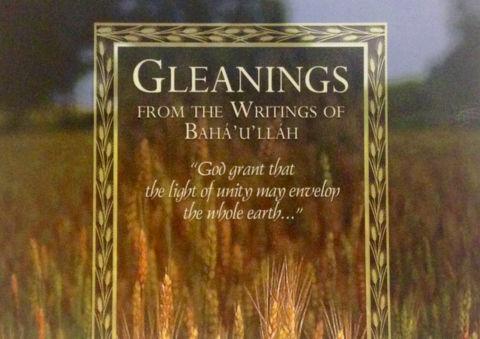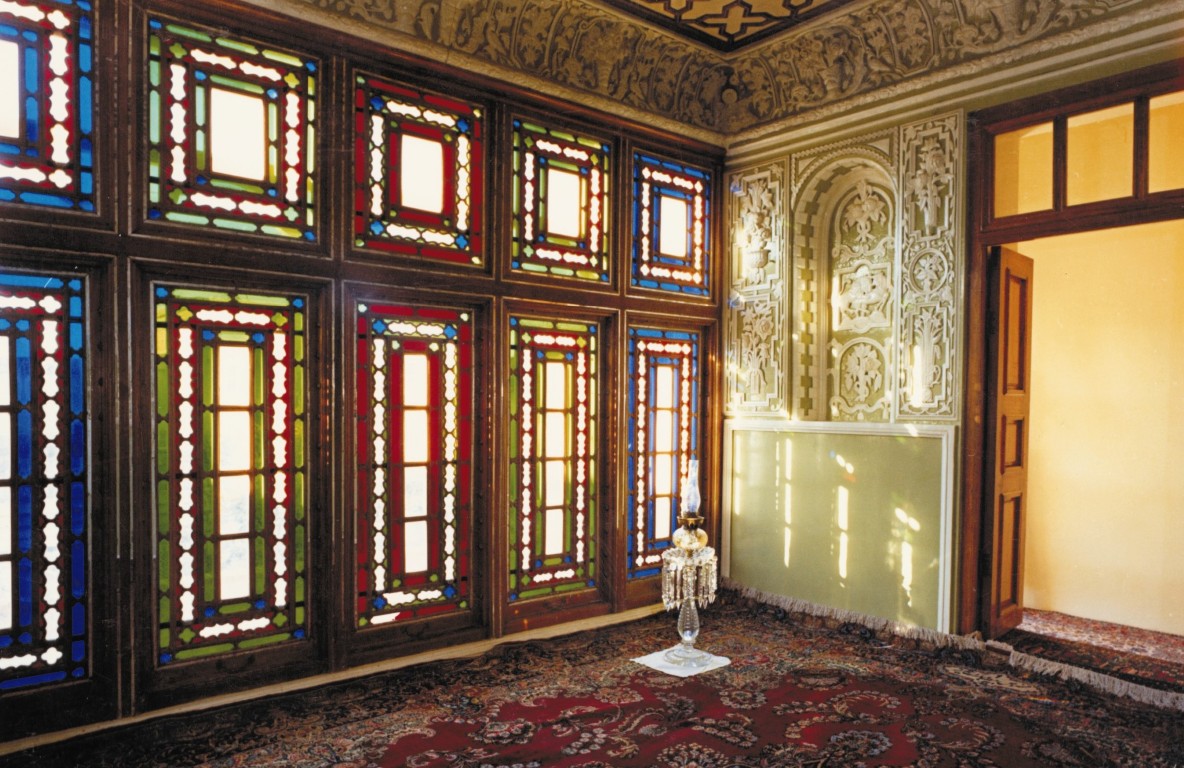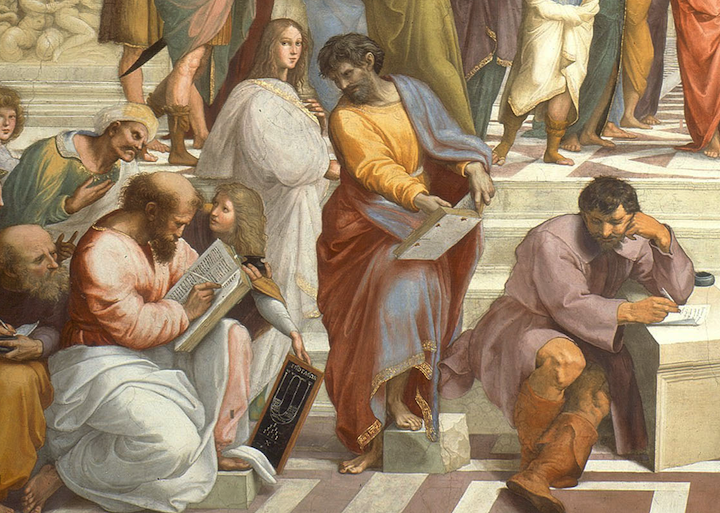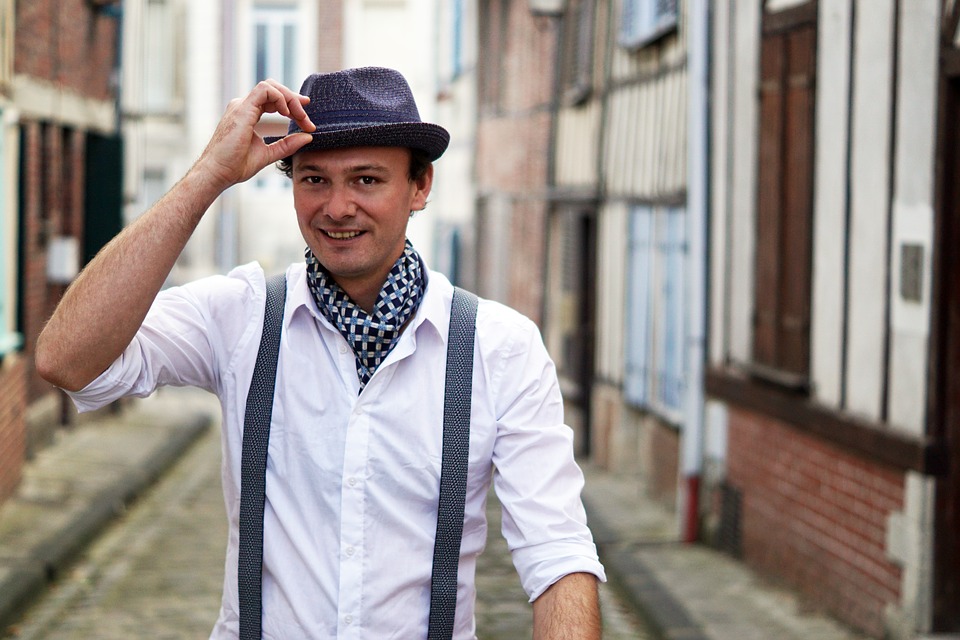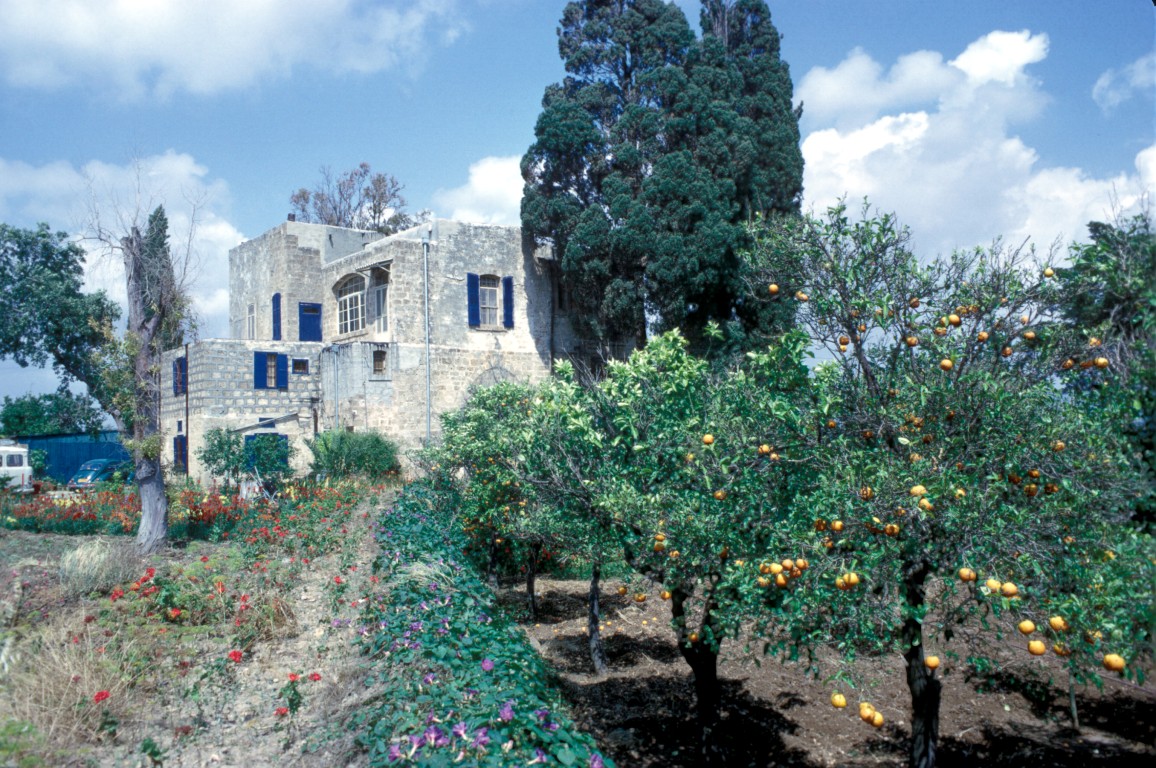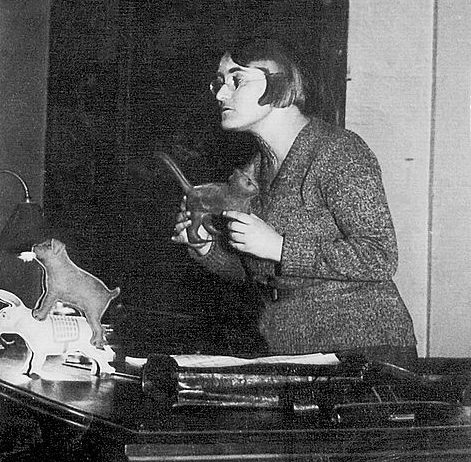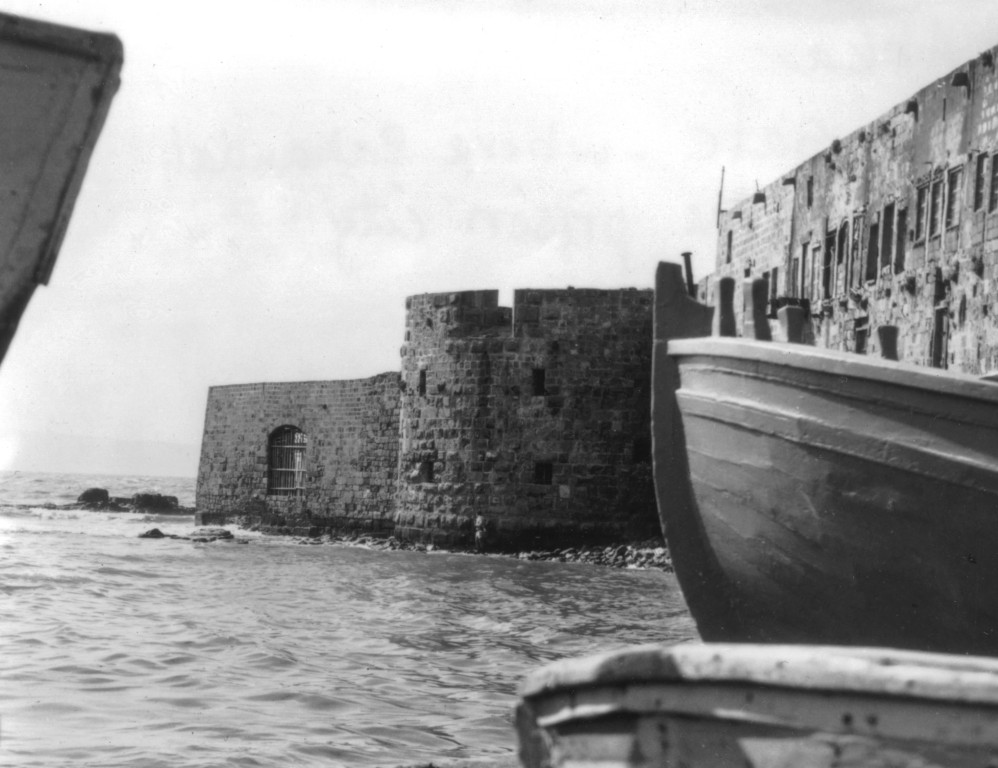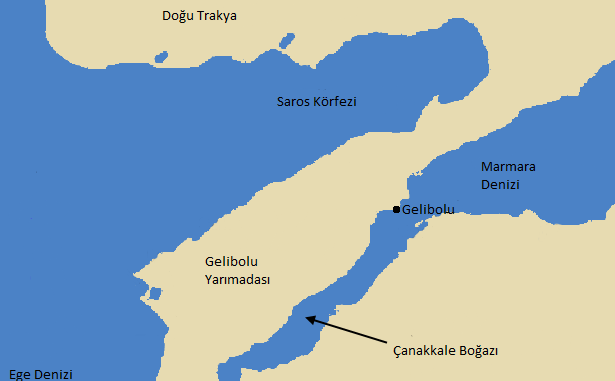Lives Inspired
-
Nine Years: Prison Poems
This article is devoted to a review of the work called Prison Poems. It is a collection of poems written by Mahvash Sabet, one of a seven Baha’i leaders who have been imprisoned in Iran for nine years. They are adapted into English by Bahiyyih Nakhjavani. The “crime” which Mahvash committed was to serve her religious community by acting as its informal secretary. Her lawyer, Mahnaz Parakand records: Mahvash was firm and determined, brave and dignified, she seemed fearless of the outcome of the court’s decision against her. Her principal concern was for the Baha’i community in Iran. She believed that it was not herself but her Faith and those…
-
Tahirih – Herald of the Emancipation of Women
Two hundred years ago, virtually everywhere in the world, women lived in subjugation to men. It was a world so different to our own that it is difficult to imagine. It was a world in which women had little role in public life – little opportunity for education, little opportunity to work – other than in the home. In many countries women did not have the right to own property. It was a world where women were often subject to the legal control of male relatives and the law in the west, as much as the east, defended the right of husbands to beat and control their wives. Tahirih was…
-
Shoghi Effendi – A Transcendent Life
Shoghi Effendi served as Guardian of the Baha’i Faith from 1921-1957. As we have already seen, it was not a role he envisaged undertaking. It was a role he fulfilled magnificently. His life’s work stands at the sunset of what Shoghi Effendi himself defined as the heroic age of the Baha’i Faith. The time when spiritual heroes such as the Bab, Baha’u’llah, Tahirih, Mulla Husayn, Quddus and Abdu’l Baha walked the Earth and gave birth to a new religion. Shoghi Effendi guided the Baha’i community through the beginnings of the “Formative Age” – a time when quill and donkey transitioned to typewriter and motorcar. With Shoghi Effendi, we definitively enter the modern world. Even in his dress…
-
Louis Gregory – Service to the Oneness of Humanity
Slavery was not a tale read from dusty history books for Louis Gregory. It was a close family memory. Louis Gregory was born in 1874. Both Louis’ parents had been freed from slavery by the civil war. His grandmother on his mother’s side, was an African transported to America as a slave in the Atlantic slave trade, and his grandfather was her white master. When Louis was four his father died. At age 7, Louis Gregory witnessed the murder of his African American grandfather by the Ku Klux Klan, because of his grandfather’s success as a blacksmith. At age 17 Louis lost his mother, who died in child birth. From these difficult beginnings, his life began…
-
Courage
Mona Mahmudnizhad’s short life was crowned with courage. It’s not the kind of courage that most us of imagine having. We saw the courage of George Townshend who set out his belief in Baha’u’llah knowing it would deprive him of his livelihood. Lidia Zamenhof also courageously faced death to be with friends and family. Baha’u’llah’s own life was a life of courage – facing decades of suffering for his teachings. not for a moment did I allow Myself to be hidden from the eyes of men, nor did I consent to shield My person from their injury.[1] Although these stories are in an altogether higher league, it is clear that some level of courage…
-
George Townshend – from Cathedral to Coherence
This article needs to begin with some of George Townshend’s words – as he was above all a writer. The “Hidden Words” is a love-song. It has for its background the romance of all the ages—the Love of God and Man, of the Creator and His creature. … Strange, … that this devotional volume, so beautiful in its thought and also (it is said) in the classic purity of its style, should never have drawn to itself the attention of an English scholar and should remain after seventy years unknown to the religion and the culture of the West.[1] George Townsend wrote this in 1930, almost 90 years ago. The strangeness still persists.…
-
Mona Mahmudnizhad – Speaking Truth to Power
The specific phrase “speaking truth to power” appears to have entered the collective conscious initially among the Quakers. It is in the title of a 1955 study of international conflict prepared by the Friends Service Committee and the study cites the Quaker tradition as a source of the concept.[1] The idea has more ancient resonances. Prophets have always spoken truth to power. The encounter between Jesus and Pontius Pilate also calls the concept to mind. For this purpose I was born and for this purpose I have come into the world—to bear witness to the truth. Everyone who is of the truth listens to my voice.” Pilate said to him, “What…
-
Before the Dawn: The Bab – Prophet Herald
Several times we’ve encountered mention of the Bab – the prophet-herald of Baha’u’llah. Here, is a little of the story of the time that preceded Baha’u’llah, as told in Nabil’s Narrative. The time before the dawn. Mulla Husayn, a young seminarian, was undertaking a search. He was carrying out the last wishes of his spiritual teacher who had passed away not long before. Before his death, this teacher had instructed Mulla Husayn and his fellow students to disperse and search for the new messenger of God. For this was the time foretold – the time of the return. The time when the ancient promises of sacred writings would be fulfilled. They would find that messenger if…
-
Lidia Zamenhof and a World Language
Lidia Zamenhof’s famous father was the creator of the Esperanto – perhaps the most successful effort to create an international language. Lidia herself devoted herself to promoting the language and also to teaching the Baha’i Faith of which she had become a member. Undoubtedly Bahá’u’lláh’s call for adoption of a world language would have resonated strongly with her, given her own commitment to it. Her own life was tragically cut short in World War II, the coming of which Bahá’u’lláh specifically predicted. Irrespective of the specifics, it’s clear that World War II was one of the consequences of clinging to patterns of thought and modes of behaviour inadequate to the…
